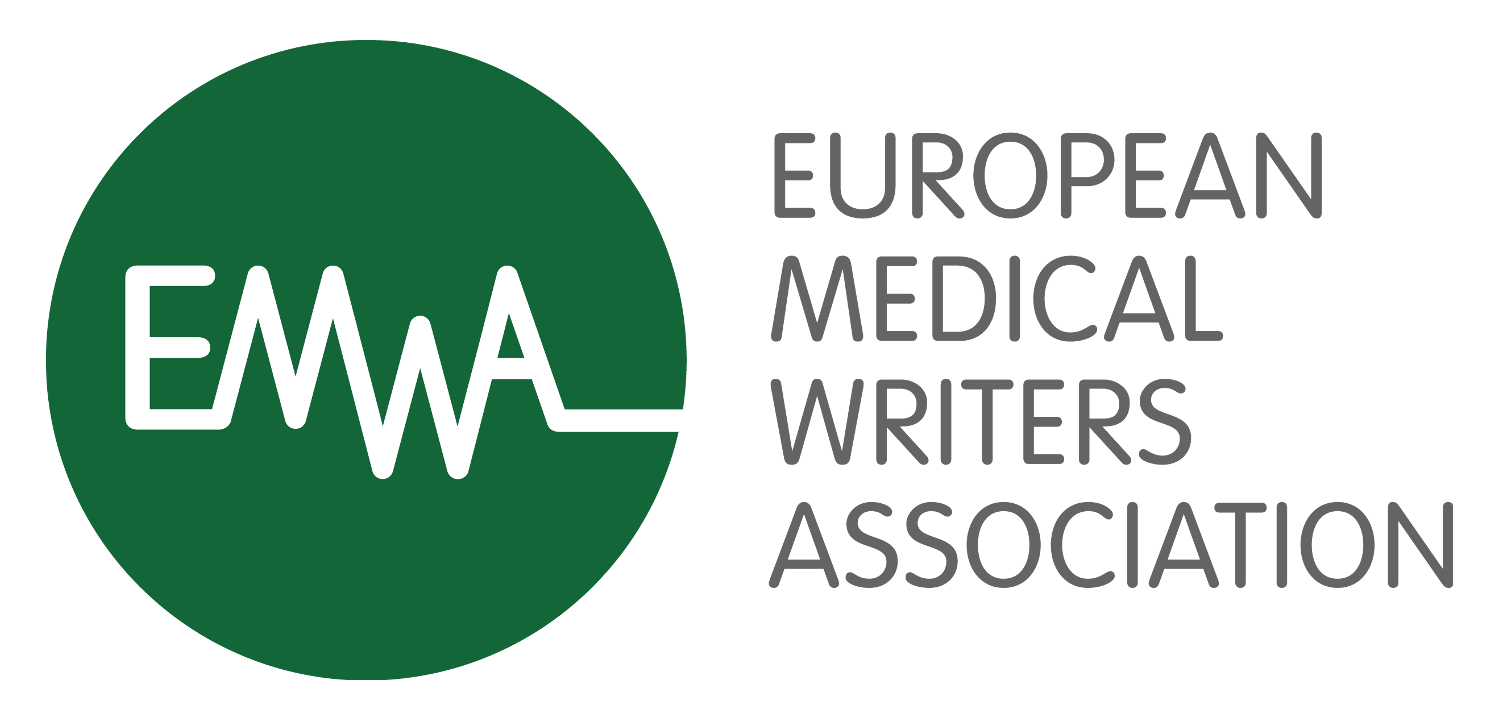Guideline for Ethics and Transparency: Healthcare professional interactions
9:30 AM - 10:00 AM
The relationship between the pharmaceutical industry and healthcare professionals (HCPs) plays a vital role in the development of life-enhancing and life-saving medicines. At the core of the relationship is sharing knowledge to improve patient outcomes. The deontological codes of conduct of the European and International Federations of the pharmaceutical industry (EFPIA and IFPMA) are aimed at regulating relations between industries, and between them and the scientific and health world to guarantee that these activities are conducted respecting the most stringent ethical principles of professionalism and responsibility.
An Advisory Board is a group of external experts, i.e., HCPs; convened by a company to get their professional advice and insights on a specific topic for which the expertise and knowledge are not available within the company. Covering scientific and/or healthcare-related issues, Advisory Boards help pharma companies to better understand the external environment, therapeutic area, data, and use of products (approved or under development), clinical and medical asset strategies, or unmet medical needs.
All interactions with HCPs are governed by EU Directive 2001/83/EC on the Community Code, the EFPIA HCP Code, as well as applicable EFPIA Member Associations’ national codes and any other applicable (local) internal policies, procedures, and laws.
In addition, companies will often have their guiding principles to which they adhere (i.e., establishing a clearly defined purpose), providing transparency of the documentation; and reporting outcomes of the Advisory Boards. They may also incorporate rules on who attends from the company (i.e., no sales representatives) and introduce strict criteria for the selection of Advisory Board members, based on the consultant’s expertise.
Participation in Advisory Boards requires an investment of time and expertise from HCPs, over and above their principal practice. Therefore, it is appropriate that they are paid for their time and reimbursed for expenses such as travel. Remuneration must be part of a written agreement, be in line with fair market value, and comply with relevant Codes of Practice, regulations, and laws.


